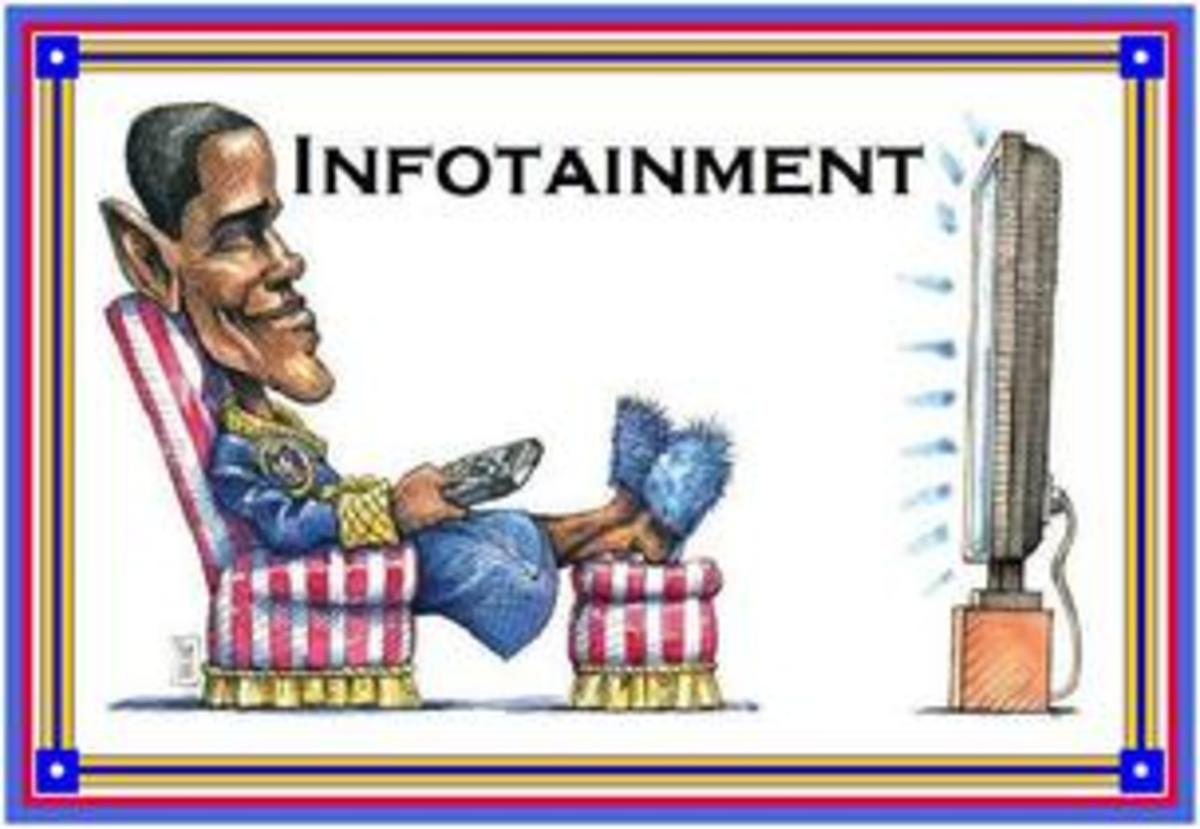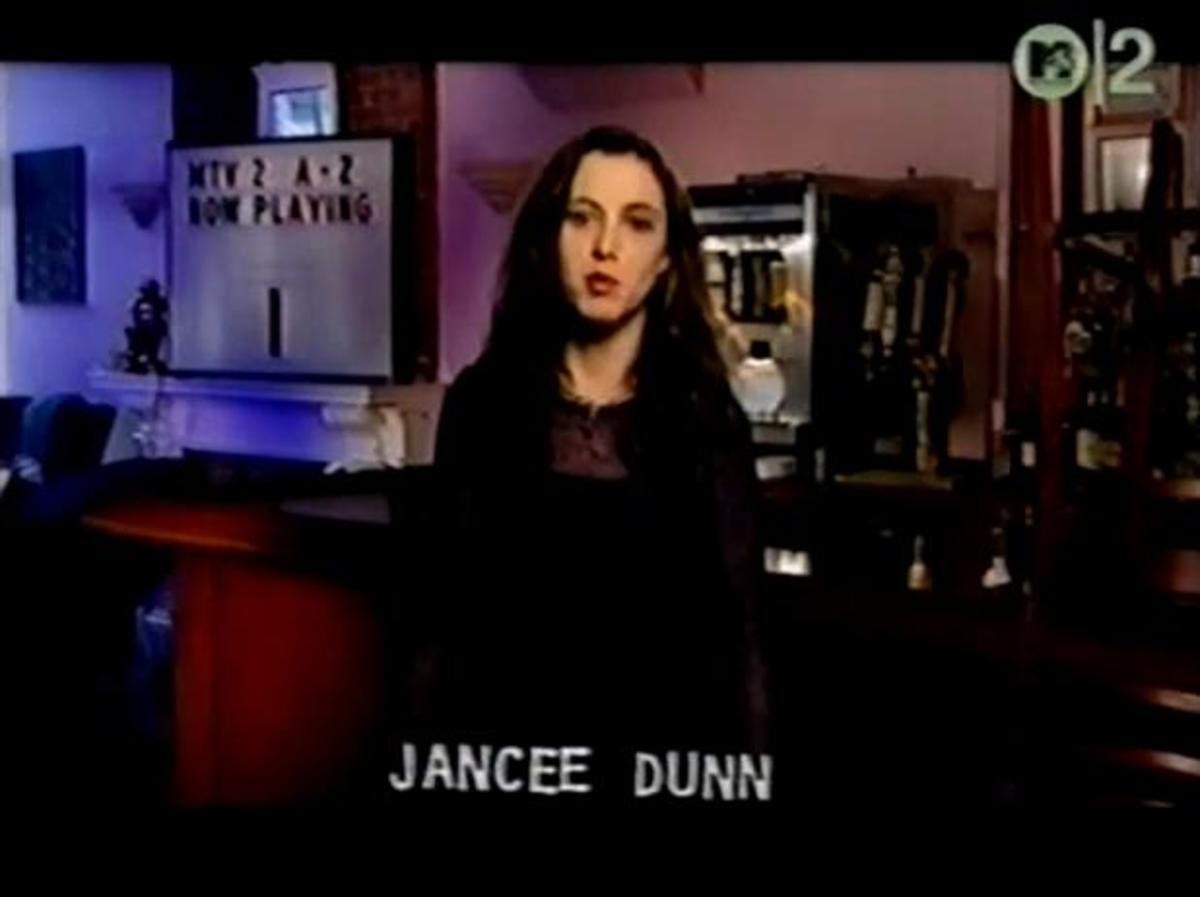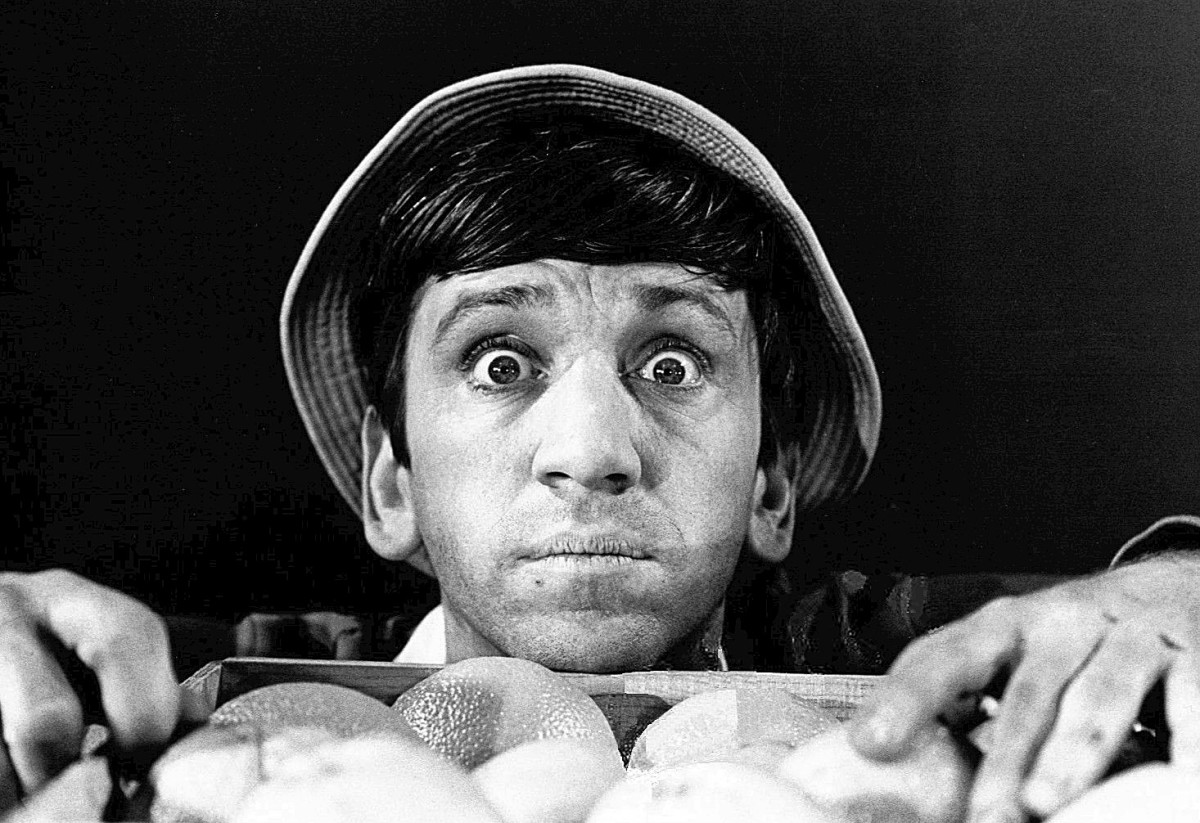Public Service Broadcasting- A Brief History of the BBC
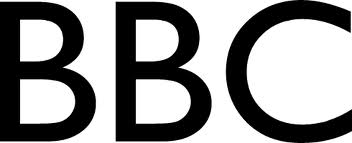
The Origin of Public Service Broadcasting
The increased trend towards commercialisation of broadcasting in the UK presents many challenges for public service broadcasting. The license fee funded British Broadcasting Corporation (BBC) finds itself increasingly attacked by commercial rivals who believe that the secure funding the BBC enjoys give it an unfair advantage in British broadcasting. Domestic commercial channels such as ITV find themselves competing with digital cable and satellite broadcasters who have no clear public service commitment. So how is this already impacting public service content and how is it likely to change? Before viewing this area maybe we should take a brief look at the history of the public service broadcasting in the UK.
The BBC began in 1911 as a radio broadcaster, and the first director-general, John Reith, had a very clear idea of what public service broadcasting should be. Initially a private company Reith believed that the BBC was “…imbued with the spirit of a public corporation with a specific cultural and moral mission”. Reith was clear from the beginning that public service did not mean giving the public what they wanted, instead he believed it meant giving the public what was best for them stating that it is “…our responsibility is to carry into the greatest possible number of homes everything that is best in every department of human knowledge, endeavour and achievement.”
It is from these roots, overly paternalistic as they may be, that the BBC mantra of educate, inform and entertain came from and it is these principles which lie at the heart of all that is good about public service broadcasting.
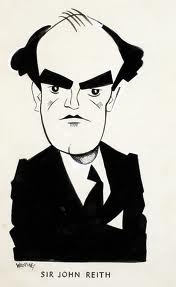
Early History of BBC
In order to achieve the aims he laid out Reith was adamant that the BBC should be free from the influence of commercialisation and government. The license fee was set up to avoid having the government directly fund the BBC and to keep it independent from advertisers.
Reith also believed the BBC should act has a monopoly, it should have total control over all broadcast material in the UK. Reith was always concerned that competition would bring the quality of the content down to a lowest common denominator as competitors fought over audience share (something which is being shown to be true in part by current commercial broadcasting). The early BBC was praised for providing a service “somewhat ahead of what the public could demand.” According to Reith they were able to do this due to the “brute force of monopoly.” While no one believes a move back to a media monopoly by the BBC would be a good thing it is worth noting that currently the BBC is in competition with commercial channels and BBC is held in less esteem while still making more diverse quality programming than any other domestic channel.
The doorway to competition was opened in 1952 when the Conservative party, under Winston Churchill, released a White Paper that forecast the introduction of commercial television. Opponents of commercial television pointed at broadcasting in America, and predicted cultural disaster. They believed that commercialisation would result in a cultural equivalent of Gresham’s law, the “bad driving out the good,” with commercial television appealing to the lowest common denominator, and so public service broadcasting would be damaged by the competition for audience share.
This mistrust of commercialism led to a carefully drawn up plan for a duopoly of broadcasting. The BBC would still be license fee maintained and would be the only body funded in this way, and the new commercial channels of ITV would be funded by commercialism. By funding them in this way they insured there would be no competition for revenues. This duopoly allowed British broadcasting to avoid falling trap to Gresham’s law and the competition actually did the BBC some good, as ITV forced the BBC to improve the quality of its programming. Production values increased as both channels sought to appear more professional and to make better use of the mediums available.
The new found production values after ITV began broadcasting initially improved many of the public service broadcasting areas, such as the news, as they offered a more professional service. The duopoly worked well, albeit with restrictions on minority viewing programmes forced by the limited number of viewing hours available.

Commercial Competition- 1982 to now
Things changed again in the 1980’s under the Conservative government of Margaret Thatcher.
Until 1982 the UK only had three channels available to the public, BBC 1 and ITV, which acted has mainstream channels showing popular programmes, and BBC 2, which was the only channel showing a significant amount of less popular programmes. There was a long debate about introducing a fourth channel, with concern about how it would impact the ecology of British broadcasting in which, according to media expert Dorothy Hobson, “…the BBC competed with ITV for viewers, ITV competed with the BBC for public esteem, but neither competed for finance.” Although the public service commitments are still intact it is clear from Hobson’s distinction that the commercially funded ITV was moving towards lower common denominator programming in order to get the viewing figures that the advertisers demanded.
Channel Four became the fourth television channel to be broadcast in the UK in1982. It was a commercial channel but its advertising space was to be sold by ITV, with channel four getting a fixed amount of funding from these sales. It also had a very clear public service remit. Before Channel four began Jeremy Isaacs gave a speech where he said:
“We want a fourth channel which extends the choice available to viewers; …which caters for substantial minorities currently neglected; which builds… broad educational purposes.”
The 1980’s were a time dominated by a determination to spread the free market and the belief this thrived with competition. The Conservative party which ruled Britain at that time wanted to spread this into the broadcasting culture. The Peacock report which was set up to review BBC finances fell short of recommending advertising on the BBC, but it did criticise the “overly comfortable monopoly.” It also proposed consumer sovereignty as the ultimate criterion for good television. This opened the door for more commercial television in the UK, and with the audience now being referred to as consumer openly (rather than the citizen) it put television viewing firmly in the grounds of being a financial transaction. The 1990 Broadcasting Act dealt almost entirely with the commercial sector of broadcasting and demonstrated the determination of the UK government to promote commercial television.
Even then the final act included a quality threshold that included many points that fit within traditional public service broadcasting ideals, for instance the Broadcasting Act of 1990 said “National and international news and current affairs programmes ‘of high quality’, broadcast at intervals throughout the day and ‘in particular at peak viewing times.”
The act also allowed channel four, from 1993, to become responsible for its own advertising and for another commercial channel, channel five, to be franchised and financed by the same procedures as channel three. This led to additional fierce competition for advertising revenues. This was the first time in the UK that domestic channels had needed to compete for a single source of income. For these channels gaining a large audience share was extremely important in order to survive financially.
The growth of satellite and cable channels has led to greater competition. The digital switchover and the growth of digital Freeview services mean that almost every household will have access to these non-terrestrial channels by the end of 2012.
OFCOM, the communications regulator set up in 2003, released its second review of public service broadcasting in 2009. OFCOM still sees public service broadcasting as important, and OFCOM’s aims include ensuring a wide range of high-quality television and radio programmes are provided and they appeal to a range of tastes and television and radio services are provided by a range of different organisations. These show the public service ideal, but also reveal that competition is important to how it sees the future of broadcasting within the UK.
The license fee paid to the BBC was protected by the report, which recommended that top slicing shouldn’t be permitted. Top-slicing is taking a percentage of the license fee and paying it to one of the BBC’s competitors to fund some part of their public service commitment, this was an idea that caused some concerns amongst leading media figures such as the Citizens Coalition for Public Service Broadcasting who said:
“The existence of the BBC has raised the standards of the commercial PSBs and this competition has kept the BBC honest and them in check. We have serious concerns that any new subsidy for commercial PSBs…might jeopardise the BBC’s own ability to deliver its public purposes as laid out by Parliament in its Royal Charter.”
By protecting the license fee the BBC has effectively been protected as a public service broadcaster for the short term at least, although there is increasing pressures from commercially funded channels, particularly those owned by Rupert Murdoch, to scrap the licence fee.
This needs to be compared with the pressures that ITV have faced has a commercial channel.
ITV’s history has been full of anxieties about the impact of its commercial funding on its ability to function as a viable public service broadcaster. Another problem that faces ITV is operating as both a national and regional broadcaster which put it at a disadvantage to its commercial rivals which have no regional commitments. This was recognised in the OFCOM report of 2009 which recommended that the new commercially funded PSB would have a strong regional remit and ITV would be able to reduce its public service commitments.
ITV is a hybrid of public service commitments and commerciality and there is some concern that they will not be able to carry this on in the future. ITV have already announced that it will be cutting back on its regional news programmes and children’s’ television and is considering handing back its public service license. This is understandable when you consider ITV has seen its audience share fall from 40% in 2002 to 20% in 2009 and competition for audience and revenue has become even greater following the digital switchover. Commercial channels are increasingly looking for the lowest common denominator in their search for audience share.
ITV is still able to fulfil some public service commitments, popular programmes such as Coronation St and Trisha can help to provide support with difficult social issues. Yet for ITV the commercial advantage of these programmes is more important than the public service aspects.
Innovative content
The digital switchover has seen the market flooded with hundreds of channels which are seeking advertising revenues as their most important income stream and this pressure is leading to reduced quality of programming as cheap and easily reproducible content is what broadcasters are looking for. This is evident in the rise of reality television and panel based programmes which have low production costs and where the formats are easily sold across media markets.
While this has been going on the BBC have consistently been at the forefront of making quality programming which is aimed at either minority audiences or which have higher production costs than commercial channels would be prepared to risk.
Programmes such as Blue Planet and Walking with Dinosaurs were documentaries with a scope beyond what had ever been attempted and which required new technologies and techniques to make a reality. They became commercially successful and were enormously popular worldwide, but without a license funded broadcaster they would never have been attempted. The scope is too ambitious and the costs too high. Commercial channels are risk averse and the reason why is very clear- the collapse of ITV Sport demonstrates why commercial channels will not take risks. If they spend too much and cannot get the advertising revenues to cover the costs they risk failing.
The BBC can make a range of programs which are popular and which appeal to minority audiences because they have the safety net of the license fee secured income to fall back on. Without the BBC there would be no cutting edge comedy, no ground breaking documentaries and little alternative programming.

Public Service Broadcasting - Essential for Innovation
The BBC have also been at the forefront in developing new digital media technologies such as podcasts and interactive programming. Their commercial rivals have been able to take advantage of these, but it is doubtful that they would invest in unknown technologies- preferring to wait and buy into then in the early days after they have been proven.
The growing commercialisation of broadcasting poses challenges for all broadcasters with a public service commitment. It seems that the BBC is best placed to continue as a public service broadcaster due to it’s the independent income source of the license fee, yet even the BBC will need to be flexible in order to maintain sufficient viewing figures to justify the license fee. Commercial channels face sterner challenges in view of public service commitments and it seems likely that the majority of commercial channels will cut out all of the non-profit making aspects of public service broadcasting. The parts that remain will likely be incidental; it is the popularity of the show that will ensure it endures not the public service value.
For all the optimism that competition was intended to bring to the broadcasting industry it seems that diversity is not bought about by competition. It has instead lead to a kind of perverse Darwinism with the “survival of the fittest” meaning the survival of the programming which have the most popular appeal and this means lowest common denominator more often than not.
A license funded BBC is vital for ensuring that we have a diverse range of innovative, quality broadcasting to choose from.


